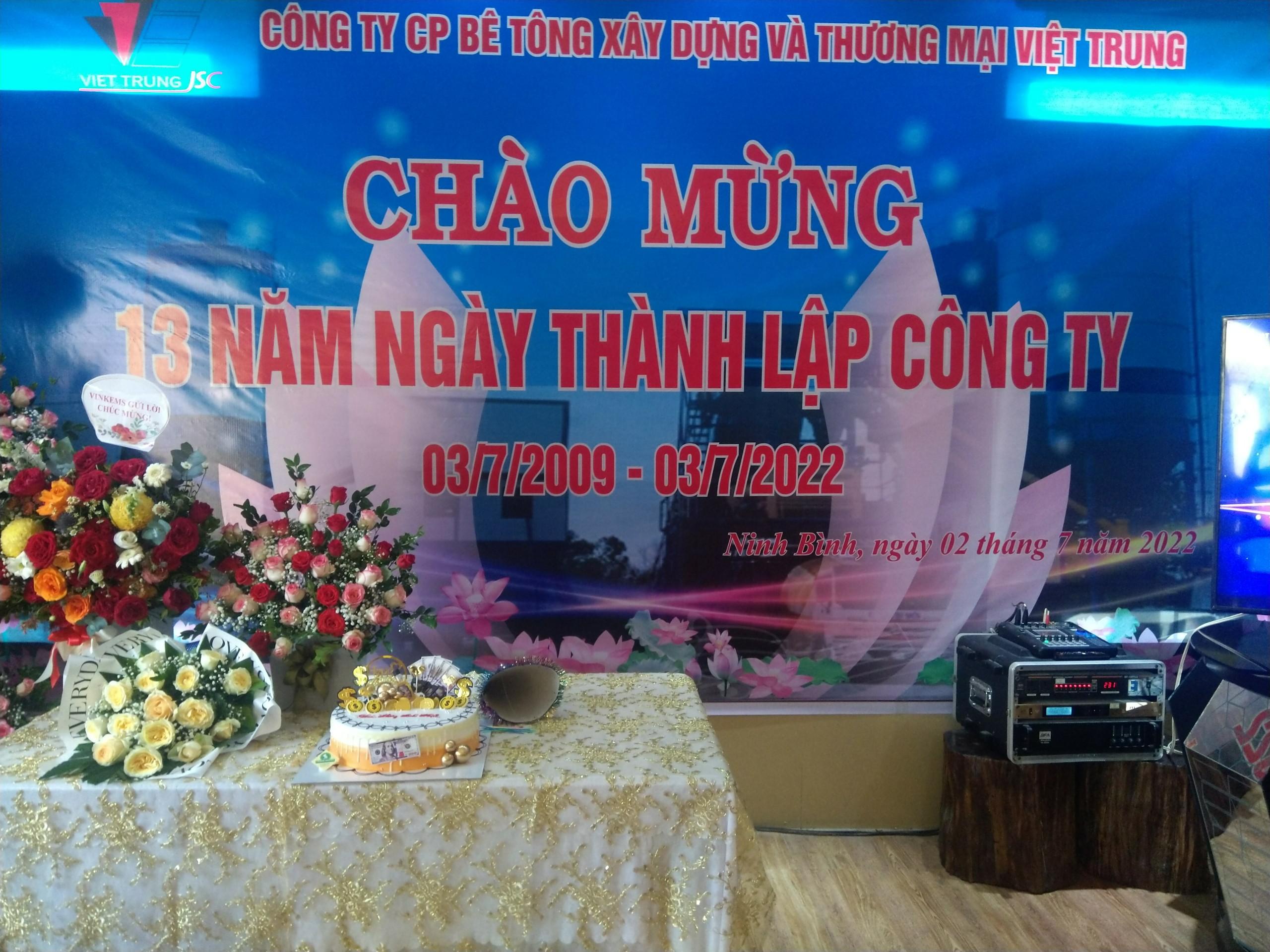Beyond the Horizon Emerging Tech, Compelling Global news, and a Future Redefined._4
- Beyond the Horizon: Emerging Tech, Compelling Global news, and a Future Redefined.
- The Rise of Quantum Computing
- Impact on Cybersecurity
- Advancements in Biotechnology
- Personalized Medicine: Tailoring Treatment to the Individual
- The Evolving Geopolitical Landscape
- The Role of Artificial Intelligence in International Relations
- Emerging Technologies and Global Power
Beyond the Horizon: Emerging Tech, Compelling Global news, and a Future Redefined.
In an era defined by rapid technological advancement and interconnected global events, staying informed about emerging trends and significant occurrences is more crucial than ever. The constant flow of information, often delivered as instant updates, requires critical assessment and a nuanced understanding of the forces shaping our world. From breakthroughs in artificial intelligence to evolving geopolitical landscapes, the current state of affairs necessitates a proactive approach to comprehending the complex narratives unfolding around us. This exploration delves into these pivotal themes, offering a glimpse into the future being shaped today. Current affairs, technological progress, and their interplay form the core of understanding the present and anticipating the potential pathways ahead, shaping the very fabric of global news.
The Rise of Quantum Computing
Quantum computing represents a paradigm shift in computational power, promising to solve problems currently intractable for even the most advanced supercomputers. Unlike classical computers that store information as bits representing 0 or 1, quantum computers utilize qubits, which can exist in a superposition of both states simultaneously. This allows them to explore multiple possibilities concurrently, dramatically accelerating complex calculations. This technology is not without its challenges; maintaining qubit stability is a significant hurdle, requiring extremely low temperatures and isolation from environmental interference.
The potential applications of quantum computing are vast and far-reaching. Drug discovery, materials science, financial modeling, and cryptography are just a few areas poised to be revolutionized. However, the development also presents security concerns, as quantum computers could potentially break many of the encryption algorithms currently used to protect sensitive data. This necessitates the development of post-quantum cryptography – new encryption methods resistant to attacks from quantum computers.
| Information Unit | Bit (0 or 1) | Qubit (0, 1, or superposition) |
| Computational Approach | Sequential | Parallel |
| Problem Solving | Limited by complexity | Capable of tackling complex problems |
Impact on Cybersecurity
The advent of quantum computing poses a direct threat to current cybersecurity infrastructure. Many commonly used encryption algorithms, such as RSA and ECC, rely on the mathematical difficulty of factoring large numbers or solving discrete logarithm problems. Quantum algorithms, such as Shor’s algorithm, can efficiently solve these problems, rendering these encryption methods vulnerable. This is not a hypothetical threat; the development of quantum computers is accelerating, and the transition to post-quantum cryptography is a necessity.
Post-quantum cryptography (PQC) focuses on developing cryptographic algorithms that are resistant to both classical and quantum attacks. The National Institute of Standards and Technology (NIST) is currently leading a standardization process to select a new generation of cryptographic algorithms to replace those vulnerable to quantum attacks. This is a complex undertaking, as PQC algorithms must be not only secure but also efficient and practical for widespread deployment. The race is on to secure our digital future.
Advancements in Biotechnology
Biotechnology is experiencing a golden age of innovation, driven by breakthroughs in gene editing, synthetic biology, and personalized medicine. Techniques like CRISPR-Cas9 allow scientists to precisely edit DNA, opening up possibilities for treating genetic diseases, developing new crops, and even altering the course of evolution. Ethical considerations surrounding gene editing are paramount, requiring careful deliberation and robust regulatory frameworks.
Synthetic biology focuses on designing and building new biological parts, devices, and systems. This field has the potential to create sustainable alternatives to traditional manufacturing processes, produce novel biofuels, and develop new diagnostic tools. The convergence of biotechnology and artificial intelligence is accelerating discovery, enabling researchers to analyze vast datasets and identify patterns that would be impossible to discern manually.
Personalized Medicine: Tailoring Treatment to the Individual
Personalized medicine aims to customize medical treatment to the individual characteristics of each patient. This approach takes into account a patient’s genetic makeup, lifestyle, and environmental factors to determine the most effective course of action. Advances in genomics have made it possible to sequence an individual’s entire genome quickly and affordably. This information can be used to identify genetic predispositions to disease, predict drug responses, and develop targeted therapies. The field relies heavily on bioinformatics to process and interpret the huge amounts of data generated.
Despite its promise, personalized medicine faces several challenges. The cost of genomic sequencing and data analysis can be prohibitive, and there is a need for more standardized protocols and data sharing to facilitate research and clinical implementation. Ethical concerns regarding genetic privacy and potential discrimination also require careful consideration. However, the potential for improving health outcomes and revolutionizing healthcare is undeniable. This shift is influencing the way healthcare providers deliver care, moving from a one-size-fits-all approach to a more individualized and proactive system.
The Evolving Geopolitical Landscape
The global geopolitical landscape is undergoing a period of significant transformation, characterized by shifting power dynamics, rising nationalism, and increasing competition for resources. The rise of China as a global economic and military power is reshaping the international order, challenging the traditional dominance of the United States. Regional conflicts and tensions continue to erupt, fueled by historical grievances, ideological differences, and competition for control of strategic resources.
The increasing interconnectedness of the world, facilitated by globalization and the digital revolution, has created new vulnerabilities and dependencies. Cyber warfare, disinformation campaigns, and economic coercion are becoming increasingly prevalent tools of statecraft. The need for international cooperation and multilateral institutions is more urgent than ever, but the rise of nationalism and protectionism poses a significant challenge.
The Role of Artificial Intelligence in International Relations
Artificial intelligence is playing an increasingly important role in international relations, with applications ranging from intelligence gathering and analysis to autonomous weapons systems. AI-powered tools can analyze vast amounts of data to identify patterns and trends, predict future events, and assess the intentions of adversaries. This has the potential to enhance situational awareness and improve decision-making. However, the use of AI also raises ethical concerns, particularly regarding the development of autonomous weapons systems, which could potentially make life-or-death decisions without human intervention. The responsible development and deployment of AI in the international arena is of paramount importance.
Disinformation campaigns, fueled by AI-generated content and social media amplification, are becoming a major threat to democratic processes and national security. The ability to create realistic fake videos, images, and text makes it increasingly difficult to distinguish between truth and falsehood. Countering disinformation requires a multi-faceted approach, including media literacy education, fact-checking initiatives, and technological solutions to detect and remove malicious content.
- Strategic alliances are becoming fragile.
- Technological competition is intensifying.
- Global governance institutions face challenges.
- Environmental concerns demand collective action.
Emerging Technologies and Global Power
The countries that lead in the development and deployment of emerging technologies – such as artificial intelligence, quantum computing, and biotechnology – will likely gain significant economic and geopolitical advantages. This is creating a new technological arms race, with nations competing to attract talent, invest in research and development, and establish dominance in key technological sectors. The control of critical infrastructure, such as semiconductor manufacturing, is becoming increasingly important in this competition.
Maintaining open access to technology and fostering international collaboration are crucial for preventing a fragmented and polarized technological landscape. However, concerns about national security and intellectual property theft often lead to restrictions on technology transfer and investment. Balancing the need for national security with the benefits of open innovation is a delicate balancing act. The rise of protectionism and technological nationalism could stifle innovation and hinder global progress.
| Artificial Intelligence | United States, China | Economic competitiveness, military applications, surveillance capabilities |
| Quantum Computing | United States, China, Canada | Cybersecurity, cryptography, scientific discovery |
| Biotechnology | United States, Europe, China | Healthcare innovation, biosecurity, agricultural productivity |
- Invest in education and workforce development.
- Promote research and innovation.
- Foster international collaboration.
- Strengthen cybersecurity.
- Address ethical concerns.
The confluence of rapid technological advancements and evolving geopolitical realities presents both unprecedented opportunities and daunting challenges. Navigating this complex landscape requires a commitment to international cooperation, ethical considerations, and a forward-looking perspective. Continued investment in research and development, coupled with a mindful approach to the ethical and societal implications of new technologies, will be essential for shaping a future that benefits all of humanity. The interplay between these forces will define the 21st century, demanding a proactive approach to understanding and addressing the emerging issues.

